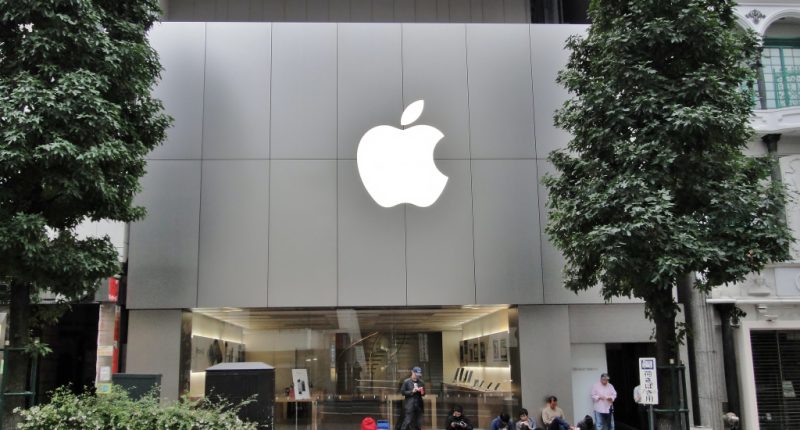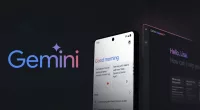For over two decades, Google has maintained its dominance in the digital search ecosystem, by being the default search option even across Apple ecosystem. However, it now faces a new threat in the form of Apple and its planned revamp to Safari. According to reports, the Cupertino-headquartered tech titan is preparing an overhaul to its Safari web browser, aiming to bring AI-powered search features to it.
The move was disclosed by Apple’s Senior Vice President of Services, Eddy Cue, during testimony in the ongoing US Department of Justice antitrust case against Google, wherein he revealed that Apple is “actively looking at” introducing alternative AI search providers into Safari, including OpenAI, Perplexity, and Anthropic — an action that could disrupt Google’s long-standing dominance in default search arrangements on Apple devices.
This shift would be beneficial for users – instead of sifting through numerous web links, they might receive direct, AI-generated answers and summaries to their queries, saving time and effort. In addition to this, AI could enable more natural and conversational interactions, allowing users to ask follow-up questions and refine their searches more easily, while AI can learn user preferences and context over time, providing more tailored and relevant search results. However, AI will not be completely replacing conventional search engines anytime soon, since the AI models, while impressive, are still in their infancy when it comes to scale, privacy, and reliability.
According to estimates, the search giant pays Apple roughly $20 billion annually to remain the default search engine on Safari across iPhones, iPads, and Macs. That figure represents about 36% of the search ad revenue generated through Safari, and the moment news of Apple’s intentions surfaced, Alphabet’s shares plunged 7.3%, wiping nearly $150 billion off its market capitalization in a single day. Apple’s deliberation comes amid falling Safari search volumes, which Cue said had declined for the first time in 22 years. He attributed this drop to growing user engagement with AI-driven alternatives like ChatGPT and Perplexity, which offer more conversational and context-aware responses than traditional web search engines.
Google has been rapidly deploying its AI capabilities to defend its search supremacy. It has launched AI Overviews and integrated Gemini AI models into its search services. The company says it continues to see an increase in overall queries, including those from Apple devices, and touts growth in usage through newer interfaces like voice and visual search. The advent of AI, however, has marked a major change, and websites that once relied heavily on traffic from Google search results are reporting significant declines, as AI models provide direct answers that bypass traditional link-based navigation. Google VP of Search, Pandu Nayak, admitted there are “no guarantees” that referral traffic will rebound.
Nonetheless, Apple already has its AI ambitions, and the iPhone-maker is already working with OpenAI to incorporate ChatGPT into Siri under its broader “Apple Intelligence” initiative, alongside partnerships with other AI firms like Perplexity and Anthropic. Cue noted that Apple opted against integrating Google’s AI due to unfavorable terms. All of this comes amidst a major antitrust lawsuit targeting Google’s alleged monopoly in online search. The U.S. Department of Justice, under both the Biden and Trump administrations, has accused Google of abusing its dominance by locking up default search placements through multi-billion dollar deals. The DOJ has proposed remedies including the prohibition of such default arrangements and even the divestment of Google’s Chrome browser.
The Tech Portal is published by Blue Box Media Private Limited. Our investors have no influence over our reporting. Read our full Ownership and Funding Disclosure →






